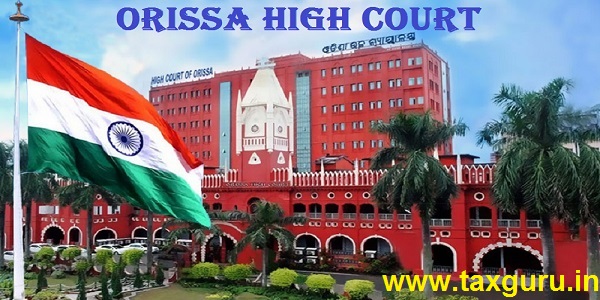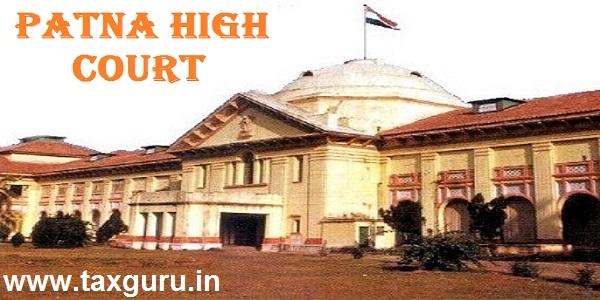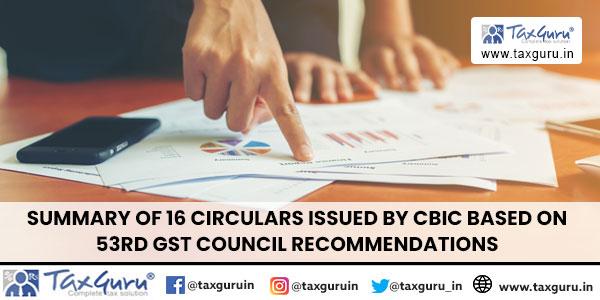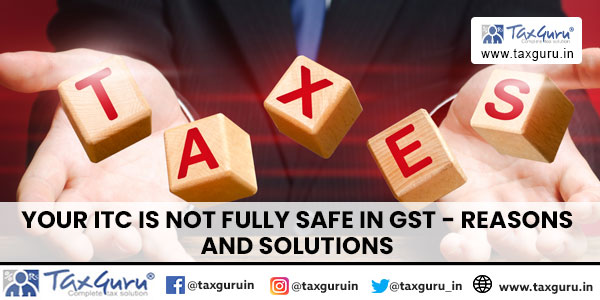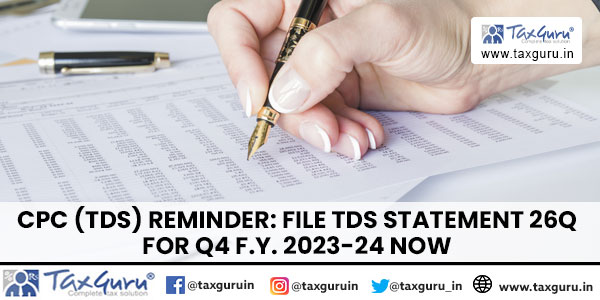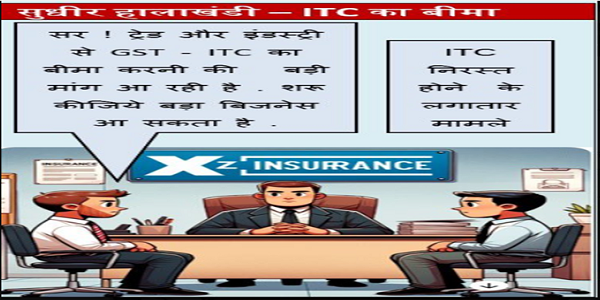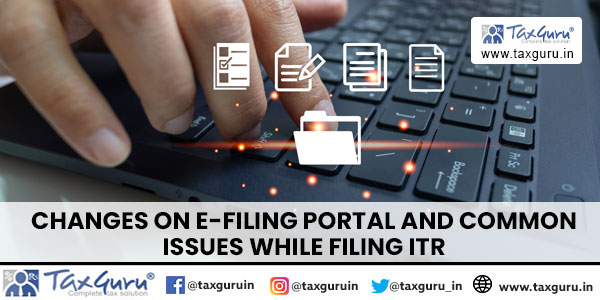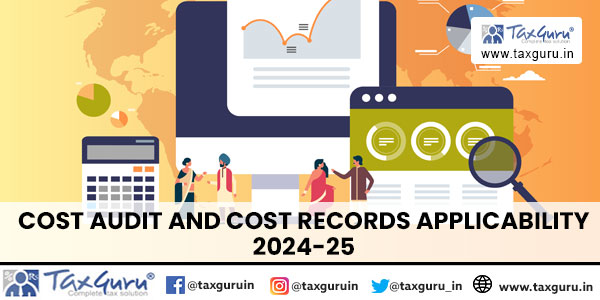In the realm of employee benefits, concessional and interest-free loans stand as an important facet. However, understanding the taxation implications of such loans is vital. This comprehensive guide delves into the intricacies of perquisites related to concessional or interest-free loans, exploring when these perquisites come into play and how to compute their taxable value. We also shed light on scenarios where such loans are not considered taxable perquisites, such as loans up to Rs. 20,000 or loans specifically designated for medical treatment. This knowledge can empower employees and employers alike to make informed decisions while navigating the complexities of the tax code. In the ever-evolving landscape of taxation, staying informed is paramount, and this guide equips you with key insights into the taxability of perquisites associated with concessional and interest-free loans.
Taxability of perquisite in the form of concessional or interest-free loan by Employee
Introduction
In the realm of taxation, the treatment of perquisites provided by an employer is of utmost importance. This article delves into the taxability of perquisites in the form of concessional or interest-free loans extended to employees. It explores the circumstances under which such loans are considered taxable and the methods used to calculate their taxable value.
Page Contents
When does a perquisite arise?
A perquisite arises when employers extend a loan facility to their employees for personal purposes such as education, medical treatment, marriage, etc. These loans are generally free or at a concessional rate of interest and are recovered from the salary of employees by way of deductions from salary over a period of time.
Employees taking interest-free loans or loans at concessional rates from the employer are at advantage over employees who obtain loans from the banks at market rates. Thus, to avoid any discrimination, the value of such interest-free loans or concessional loans is taxable as perquisite in the hands of employees.
The taxability shall arise if the loan is taken by the employee himself or any member of his household. Member of household includes—
(a) Spouse,
(b) Children and their spouses,
(c) Parents, and
(d) Servants and dependants.
How to calculate the value of the perquisite?
The taxable value in the hands of the employee shall be calculated as follows:
Step 1: Calculate the outstanding balance of each loan taken from the employer as of the last day of each month.
Step 2: Calculate interest on the amount computed in Step 1 at the rate of interest declared by the State Bank of India on the first day of the relevant financial year in respect of similar loans.
Step 3: Reduce the interest computed in Step 2 by any interest recovered from the employee.
Step 4: The resulting figure shall be the taxable perquisite.
When interest-free loans or concessional loans aren’t taxable as perquisites?
Loan up to Rs. 20,000
Interest-free loans or concessional rate loans taken from the employer up to Rs. 20,000 are not taxable in the hands of employees as perquisite. If the original loan was above the threshold limit but subsequently it is reduced below 20,000, it shall not be considered a petty loan. The interest on such a loan, even if it falls below 20,000, shall be calculated in accordance with the method prescribed above.
If an employee receives more than one loan (with each loan amount of less than 20,000), the aggregate of all loans should be considered to decide if it’s a petty loan or taxable. If an employee takes a loan in multiple trenches which in the aggregate exceeds 20,000, the entire amount shall be considered for computation of tax.

Loan for medical treatment
Any loan taken as interest-free or at a concessional rate from the employer for the medical treatment of diseases specified in approved hospitals is not taxable as perquisite.
However, this exemption will not be available in respect of loan that has been reimbursed to the employee by an insurance company under any medical insurance scheme.
Where medical insurance reimbursement is received, the taxable value shall be calculated on the amount reimbursed by the Insurance co. but not repaid against the outstanding loan. The value of the perquisite shall be calculated from the date of reimbursement.
For example, if an employee takes a loan of Rs. 2 lakhs for medical treatment, but later gets insurance money of Rs. 50,000 in respect of such treatment, the exemption will be available only in respect of Rs. 1.5 lacs. The taxable value will be computed at the prescribed rates for the balance amount of Rs. 50,000.
List of specified diseases for the purpose of medical treatment are:
a) Cancer
b) Tuberculosis
c) AIDS
d) Disease or ailment of the heart, blood, lymph glands, bone marrow, respiratory system, central nervous system, urinary system, liver, gall bladder, digestive system, endocrine glands or the skin, requiring surgical operation;
e) Ailment or disease of the eye, ear, nose or throat, requiring surgical operation
f) Fracture in any part of the skeletal system or dislocation of vertebrae requiring surgical operation or orthopedic treatment
g) Gynaecological or obstetric ailment or disease requiring surgical operation, caesarean operation or laperoscopic intervention
h) Ailment or disease of the organs mentioned at (d), requiring medical treatment in a hospital for at least three continuous days
i) Gynaecological or obstetric ailment or disease requiring medical treatment in a hospital for at least three continuous days
j) Burn injuries requiring medical treatment in a hospital for at least three continuous days
k) Mental disorder – neurotic or psychotic – requiring medical treatment in a hospital for at least three continuous days;
l) Drug addiction requiring medical treatment in a hospital for at least seven continuous days;
m) Anaphylectic shocks including insulin shocks, drug reactions and other allergic manifestations requiring medical treatment in a hospital for at least three continuous days.
Important Points on Taxability of perquisite in the form of a concessional or interest-free loan
1. Where an employer provides an interest-free or concessional loan to an employee or any member of their household, the value of such loan facility is taxable as a perquisite. However, loans up to Rs. 20,000 and loans for medical treatment are exempt from tax.
2. Where an employer provides an interest-free or concessional loan to an employee or any member of their household, the value of such loan facility is taxable as a perquisite. However, loans up to Rs. 20,000 and loans for medical treatment of disease specified under Rule 3A are exempt from tax.
3. Where an employer provides an interest-free or concessional loan to an employee or any member of their household, the value of such loan facility is taxable as a perquisite.
4. The taxability shall arise if the loan is taken by the employee himself or his spouse, his children and their spouse, his parents or his servants and dependents.
5. While computing the value of perquisite, rate of interest declared by the State Bank of India on the first day of the relevant financial year in respect of similar loans shall be taken.
6. Any loan taken as interest-free or at a concessional rate from the employer for the medical treatment of specified diseases (i.e., cancer, tuberculosis, AIDS, etc.) in approved hospitals is not taxable as perquisite.
However, this exemption will not be available in respect of a loan that has been reimbursed to the employee by an insurance company under any medical insurance scheme.
Conclusion:
The taxability of perquisites in the form of concessional or interest-free loans is an essential aspect of the Indian taxation system. It ensures fairness and equal treatment of employees. Understanding when such loans are taxable, the calculation methodology, and the exceptions, including those related to medical treatment, is crucial for both employers and employees. Compliance with these tax regulations is necessary to avoid any legal and financial complications.






